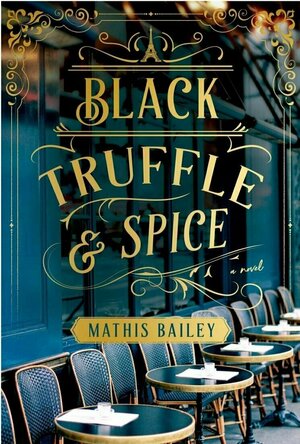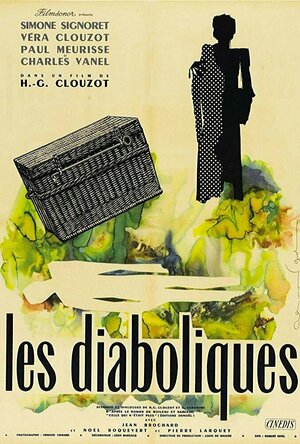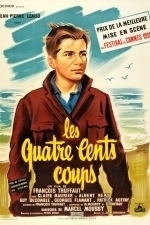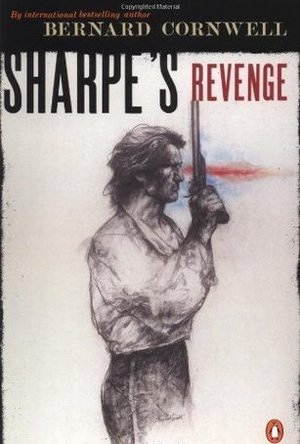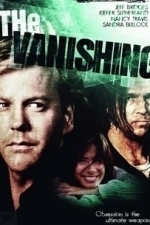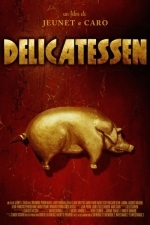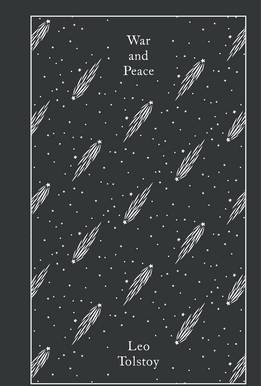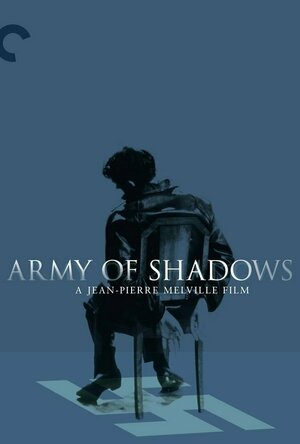Search
Search results
Bethr1986 (305 KP) rated Black Truffle & Spice (Spice #3) in Books
Dec 6, 2021
Zola has finally made her dream of opening her own café come true the heart of the South, and it's up to her and her best friend and business partner Pierre to make it a success, even with a Michelin starred bistro opposite them.
I absolutely adored this book. I will be reading the other two in the series. I actually hope there may be more to hear about Zola and Darshan's life, successes, and maybe even failures? (I hope not!)
It's a very gripping story of romance, determination and difficulties, but all done tastefully. The sex scenes aren't too crude and are almost poetic. I enjoyed finding out about some of the characters pasts. The only complaint I have is I was just wanting more. I wanted to know all of the back stories - where they came from, why they behaved that way, etc.
A big congrats Mathis a super job.
I absolutely adored this book. I will be reading the other two in the series. I actually hope there may be more to hear about Zola and Darshan's life, successes, and maybe even failures? (I hope not!)
It's a very gripping story of romance, determination and difficulties, but all done tastefully. The sex scenes aren't too crude and are almost poetic. I enjoyed finding out about some of the characters pasts. The only complaint I have is I was just wanting more. I wanted to know all of the back stories - where they came from, why they behaved that way, etc.
A big congrats Mathis a super job.
David McK (3562 KP) rated Sharpe's Honour in TV
Nov 14, 2021 (Updated Nov 14, 2021)
The fifth episode in the TV adaptations of the novels by Bernard Cornwell (which are well worth a read), based on the book of the same name.
I say 'based on' as, because while the main thrust of the storyline is the same, the TV movie of necessity abbreviates the novel somewhat: most noticeably (I felt) watering down quite substantially the role of El Matarife in the proceedings.
As this starts, Sharpe is still mourning the death of his wife Teresa, while Napoleon - in his first appearance in the series - is in retreat from Russia, and with Major Pierre Ducos hatching a plan to drive a wedge between the Spanish and British allies while also getting his revenge on Sharpe by provoking a duel between Sharpe and a Spanish nobleman who he (Ducos) later murders, with Sharpe then taking the rap for said murder (until he is later able to prove his innocence).
I say 'based on' as, because while the main thrust of the storyline is the same, the TV movie of necessity abbreviates the novel somewhat: most noticeably (I felt) watering down quite substantially the role of El Matarife in the proceedings.
As this starts, Sharpe is still mourning the death of his wife Teresa, while Napoleon - in his first appearance in the series - is in retreat from Russia, and with Major Pierre Ducos hatching a plan to drive a wedge between the Spanish and British allies while also getting his revenge on Sharpe by provoking a duel between Sharpe and a Spanish nobleman who he (Ducos) later murders, with Sharpe then taking the rap for said murder (until he is later able to prove his innocence).
William Friedkin recommended Diabolique (1955) in Movies (curated)
Greg Mottola recommended The 400 Blows (1959) in Movies (curated)
David McK (3562 KP) rated Sharpe's Revenge in Books
Feb 18, 2019
For the last couple of years or so, I've been (slowly) making my way through the Sharpe books, in chronological order by setting and in between my various other reading activities i.e. maybe one Richard Sharpe book every couple of months or so
I'm approaching the end of that project, with (currently) only two more novels to go: [book:Sharpe's Waterloo|328986], and [book:Sharpe's Devil|615225].
This particular entry is set during the latter days of the Napoleonic Wars: during the Peace of Amiens in 1814, to be precise, with Sharpe's personal and professional life falling apart after he is framed by wily French spymaster Pierre Ducos. This novel also sees the fall-out from certain events in the previous entries ([book:Sharpe's Siege|564536]), starting with an - illegal - duel between Sharpe and the naval commander who was responsible for abandoning him and his men behind enemy lines, moving on to his cuckolding by his wife Jane by a former friend, and even expanding on the family of the commander of that French fort with one family member, in particular, playing a very important role in Sharpe's future life!
I'm approaching the end of that project, with (currently) only two more novels to go: [book:Sharpe's Waterloo|328986], and [book:Sharpe's Devil|615225].
This particular entry is set during the latter days of the Napoleonic Wars: during the Peace of Amiens in 1814, to be precise, with Sharpe's personal and professional life falling apart after he is framed by wily French spymaster Pierre Ducos. This novel also sees the fall-out from certain events in the previous entries ([book:Sharpe's Siege|564536]), starting with an - illegal - duel between Sharpe and the naval commander who was responsible for abandoning him and his men behind enemy lines, moving on to his cuckolding by his wife Jane by a former friend, and even expanding on the family of the commander of that French fort with one family member, in particular, playing a very important role in Sharpe's future life!
Pete Fowler recommended Silver Apples by Silver Apples in Music (curated)
Jack Reynor recommended The Vanishing (1993) in Movies (curated)
Elijah Wood recommended Delicatessen (1992) in Movies (curated)
Erika (17789 KP) rated War and Peace in Books
Feb 16, 2019
While reading this book, I went from loving it, to hating it, to loving it. This book is widely talked about because of its length, but how many people have actually read the unabridged novel?
The main character I was annoyed with, that made me hate it, was Natasha. Some of her decisions were so stupid, but then I had to remind myself that I was once a dumb 16 year old that made stupid decisions.
At the beginning, it was hard to pick out which characters were actually considered to be the main characters. For sure, Natasha and Pierre, but the others I questioned.
This novel is a very interesting meditation (that's what I'm going to call it), on the differences between war, peace, and the cause and effect that follows.
Something I found very interesting was that Tolstoy would have sections of historical analysis and theory. I really enjoyed these parts, since I have a degree in history. The way it was juxtaposed with the novel kept it interesting for me. Though, I might be in the minority there.
I'm glad I finally read this novel, and can now say, proudly, that I made it through the whole thing.
The main character I was annoyed with, that made me hate it, was Natasha. Some of her decisions were so stupid, but then I had to remind myself that I was once a dumb 16 year old that made stupid decisions.
At the beginning, it was hard to pick out which characters were actually considered to be the main characters. For sure, Natasha and Pierre, but the others I questioned.
This novel is a very interesting meditation (that's what I'm going to call it), on the differences between war, peace, and the cause and effect that follows.
Something I found very interesting was that Tolstoy would have sections of historical analysis and theory. I really enjoyed these parts, since I have a degree in history. The way it was juxtaposed with the novel kept it interesting for me. Though, I might be in the minority there.
I'm glad I finally read this novel, and can now say, proudly, that I made it through the whole thing.
